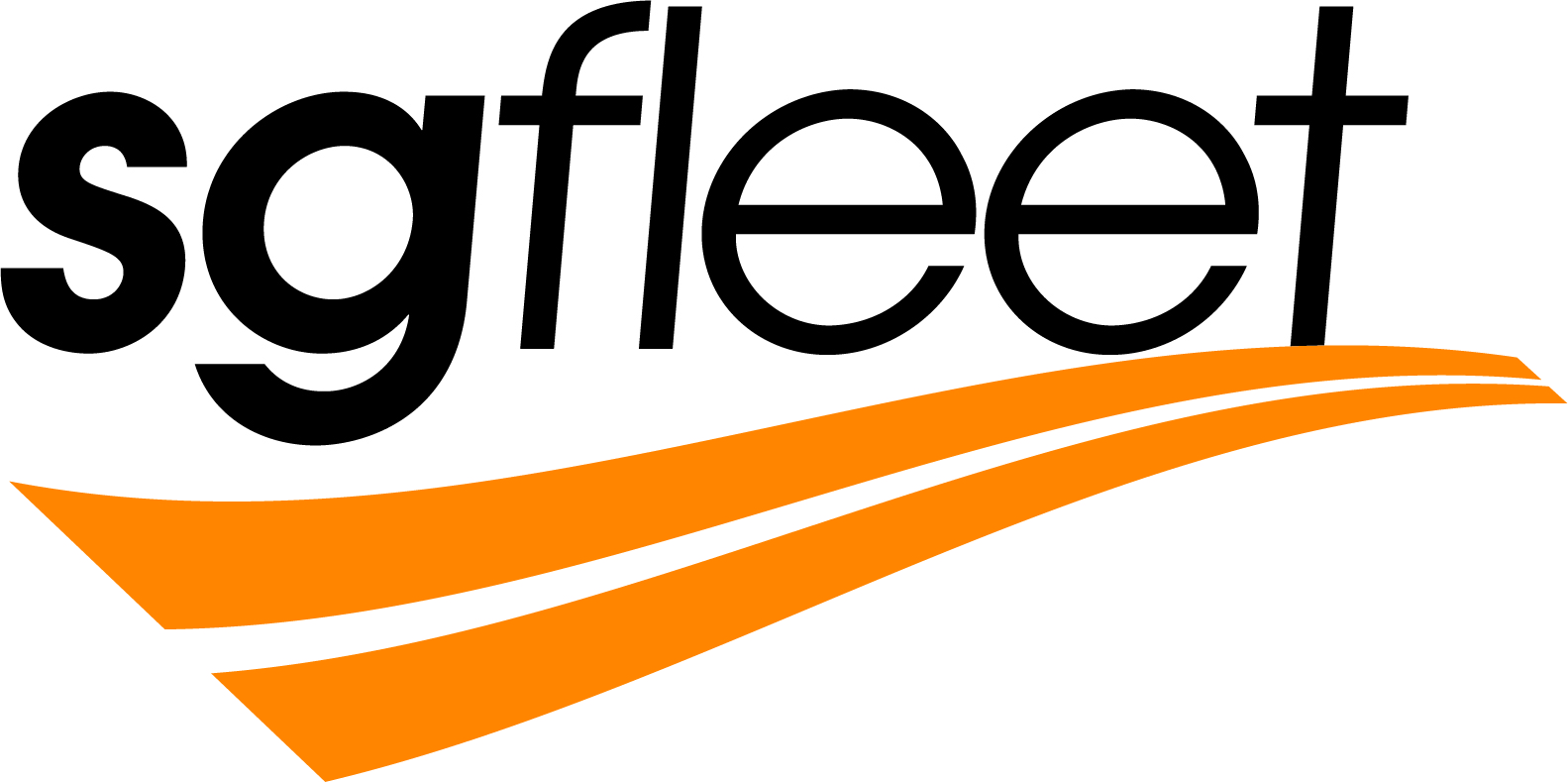
The ins and outs of motor vehicle insurance
For your employeesIn choosing the right policy, you should consider premium and the range of products that are available.
Ralph Mondel, Treasurer and Insurance Manager at LeasePlan Australia and New Zealand, believes much of the stress of shopping for insurance can be removed by understanding how to identify the best policy for you and your motor vehicles. He suggests that keeping some fundamentals in mind will help you make good insurance decisions.
As Ralph readily admits, “Insurance is a cost that might not always be seen as necessary, but the value of insurance will be obvious if an insured event occurs”.
This mindset often leads people to simply choose the least-expensive product. Then, when it comes to making a claim, the policy exclusions may leave you uninsured for the hefty repair or replacement costs.
the value of insurance will be obvious if an insured event occur
Likewise, as we learnt via submissions to the 2018/19 Royal Commission into the Banking and Insurance industries, consumers and fleet operators have been stung considerable amounts of money on products they didn’t necessarily need.
”Price can be the driver for many when choosing an insurance policy and, from our perspective, this might suggest the wrong priorities,” Ralph explains. “It’s more important to ensure that you get the right type of cover for yourself, your business and your operations.”
“When it comes to insuring vehicles that you are leasing – whether novated or as part of a fleet – you need to make sure you read and understand the product disclosure statements [often referred to as a PDS] when looking at policy cover. You need to understand what your policy is covering, and you also need to know what your policy is excluding. So, in general, that’s what the insurance policy will specify. This is what you’re covered for, and this is what you’re not covered for.”
As Ralph emphasises, “Compare policy coverage documents so that you’re fully armed with as much detail as possible to make an informed decision that’s right for you.”
Understand what you need in your policy
It’s important to know what you actually need cover for (modifications and accessories to the vehicle, finance gap payments, etc.), and the kind of events you’re covered for under the policy (theft, vandalism, flood, hail, etc.). Perhaps, just as importantly, you need to understand what you’re not covered for.
“From a policy perspective, there are a whole heap of different policies out in the marketplace,” says Ralph. “You won’t find one that is the same as another.”
One of the first things to consider when deciding on your priorities in an insurance policy is how and where your motor vehicles are used – a fit-for-purpose approach.
Understanding how a policy covers modifications and accessories from a fit-for-purpose perspective is also wise to take into consideration. On a number of motor vehicles, items like bull bars, tow bars, roof racks and hydraulic tailgates are part and parcel of the vehicle’s use. In some cases, these additions are more aesthetic than necessary. Either way, it’s important to understand how the policy affects the repair or replacement of these items if the vehicle is involved in an incident.
You should also understand how the value of the motor vehicle would be assessed in the unfortunate event that it was written off. Or is the vehicle treated purely as a non-standard item with fixed replacement value?
Know your duty to take reasonable care not to make a misrepresentation
You should always contact the insurance company if any changes are made to the vehicles covered by an insurance policy. Not only does it help foster a good relationship between both parties, it can help to avoid nasty surprises at claim time.
While an insurer is obligated to let you know about changes in the policy or other important matters regarding your insurance, it goes the other way as well. You have a certain obligation to pass on information to your insurer under what’s known as the Duty to take reasonable care not to make a misrepresentation..
“A Duty to take reasonable care not to make a misrepresentation [applies] in all insurance policies whereby, if you do happen to make a modification to the vehicle after it’s been purchased, you have a duty to take reasonable care not to make a misrepresentation to your insurer,” explains Ralph. “Depending on the value or the modification, your insurer then has the ability to maybe modify your premium in order to accommodate the additional value that has been placed on the motor vehicle.”
“Likewise, if you change the vehicle you need cover for, it’s important to let your insurer know, he continues. “You might be in a $35,000 motor vehicle today – it might be a Subaru or a Toyota or whatever – and, all of a sudden, you replace it with a Tesla. Fleet managers need to be aware that you can’t just go and change the composition of your fleet without obviously being in contact with your insurer, so the insurer knows exactly what risks they are insuring for.”
Knowing the purpose of your vehicles, taking the time to fully understand an insurance policy’s PDS (ask questions if you don’t), and being aware of your obligations to your insurer will ensure you purchase the right product for your needs – and not be left high and dry when it comes to claim time.
Want more information on novated or fleet leasing insurance? Start a conversation with LeasePlan today.
Insurance products are issued by LeasePlan Australia Limited (ABN 57 006 923 011) (LeasePlan) as agent for the insurer Allianz Australia Insurance Limited (ABN 15 000 122 850 AFSL No 234708) (Allianz). LeasePlan is authorised to provide general advice on only these insurance products as an Authorised Representative of Allianz. The financial services provided by LeasePlan on other financial products are provided on its own behalf and not as agent of Allianz.
Neither LeasePlan nor Allianz provide any advice on this insurance based on any consideration of your objectives, financial situation or needs. Policy terms, conditions, limits and exclusions apply. Before making a decision about this insurance please consider the Product Disclosure Statement (PDS). The PDS or policy documents, together with the Target Market Determination (TMD), is available on our website. If you purchase this insurance, we will receive a commission that is a percentage of the premium. Ask us for more details before we provide you with any services.
 Driving Insights
Driving Insights




